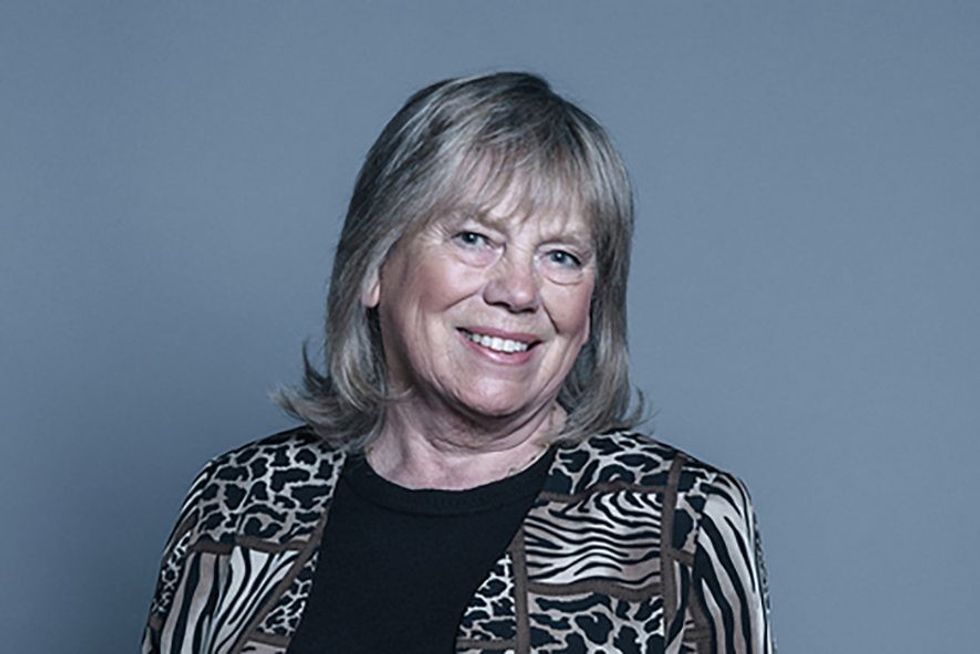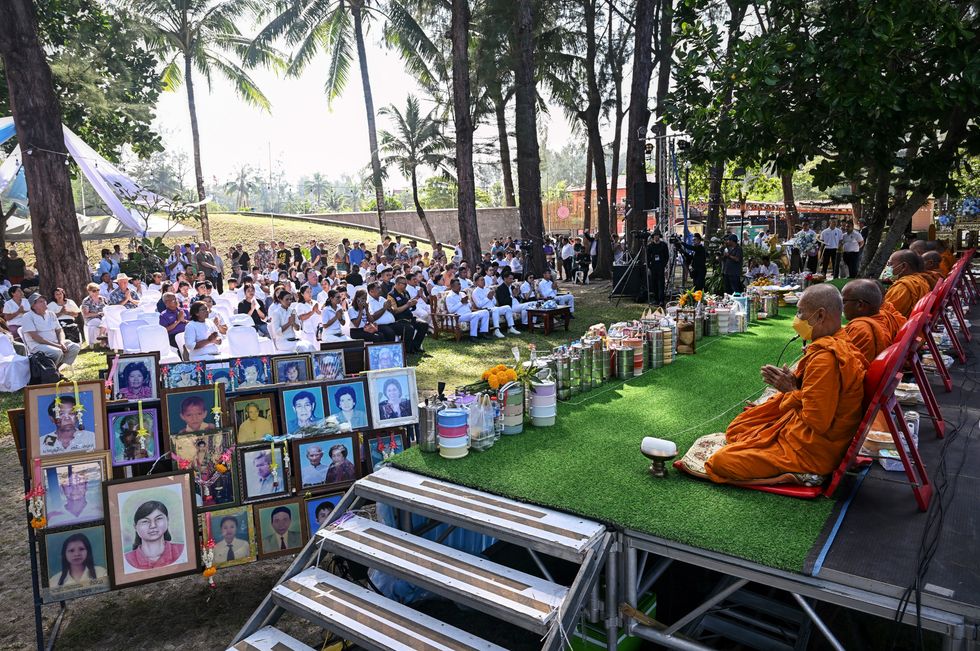AROUND 40 years ago, under the shadow of nuclear war, a Japanese Buddhist order gifted Londoners a Peace Pagoda in Battersea Park to promote world harmony. Built by monks, nuns, and volunteers, this shrine to world peace, overlooking the Thames, became an instant talking point.
Britain has been home to a small but incredibly rich Buddhist presence since the early 19th century. Sailors settled here and established the Theravada traditions of Burma, Thailand, and Sri Lanka. They were followed by missionaries throughout the 1900s and those travelling across Asia seeking spiritual fulfilment towards the end of the 20th century. These individuals founded Buddhist places of worship and representative groups.
For many, the Peace Pagoda was the first time they encountered the Buddhist philosophical tradition and the teachings attributed to the Buddha.
Fast forward to the present day, more than 270,000 people in England and Wales identify as Buddhist. This spans Theravada traditions to Chinese, Indian, Japanese, Tibetan, and Vietnamese sects, orders, and denominations of this large and complex global religion.
I am delighted to be playing my part as Minister for Faith in celebrating their contribution to Britain’s rich and diverse tapestry of faiths and cultures. We mark Vesak, one of the most important festivals in the Buddhist calendar, on Thursday (23).
As well as honouring the Buddha’s birthday and his enlightenment, it is also a time to reflect on his teachings. Being a Buddhist involves acts or divine abodes of kindness, compassion, empathetic joy, and equanimity.

These teachings will be very much on display this June during Buddhist Action Month. Buddhists are encouraged to lead their communities in taking collective compassionate action.
Dedicated months such as this demonstrate the power of faith. It guides the moral outlook of many and brings people together. It inspires greater numbers into public service and civic action that enriches our society.
It is, therefore, an immense honour to be hosting representatives from across the Buddhist traditions at 10 Downing Street to celebrate Vesak. I want to thank them for the incredible work they do for this country.
This work and the growth of Buddhist congregations are reflected in the approximately 200 buildings and places of worship serving them. These range from purposebuilt pagodas and temples, such as Wimbledon’s architecturally stunning Buddhapadipa Temple, to adapted historic buildings like the Madhyamaka Kadampa Meditation Centre at the historic Kilnwick Percy Hall, near York.
These sacred spaces are rooted in their wider communities and play an important role in local life.
Their presence and that of numerous Buddhist sects, orders, and denominations remind us that faith remains a golden thread through the fabric of this country.
With over half the respondents in the 2021 Census for England and Wales identifying as having a religious belief, we are a country of many faiths. From our largest religions to our smaller faith groups such as Buddhism, these groups and their places of worship are at the very heart of our communities. They strengthen the ties that bind us together.
However, more than half of respondents (53 per cent) to Colin Bloom’s independent review into relations between government and faith communities said they believe that freedom to practise religion or belief is under threat.
The ugly scenes we have witnessed recently on our streets, campuses, and in our communities lay bare the disturbing backdrop to these concerns.
No one should suffer discrimination because of religion, and we are absolutely committed to ensuring people of all faiths can follow their beliefs openly and without any fear.
This is a vital freedom and an essential human right. That so many feel it is in peril is unacceptable. We stand with them.
For a key proportion of the population, faith and religion are vital parts of their identities, both as individuals and as members of the community actively supporting those in need.
Across the country, people from different faiths are working tirelessly in countless churches, mosques, gurdwaras, synagogues, and temples. They strive to make their communities better places to live, work, and come together.
It is this spirit that endures, four decades on, at the site of the Peace Pagoda. It remains a revered site for Buddhists the world over. It is a place of spiritual focus and quiet contemplation for those of all faiths and none. It inspires compassion and generosity for the greater good.
I wish all Buddhists and their families, here and around the world, peace, unity, and joy.
(The author is the minister of faith in the UK government)






 Monks sit on a stage next to portraits of tsunami victims as people take part in an interfaith ceremony at the Ban Nam Khem Tsunami Memorial Park in southern Thai province of Phang Nga on December 26, 2024. (Photo: Getty Images)
Monks sit on a stage next to portraits of tsunami victims as people take part in an interfaith ceremony at the Ban Nam Khem Tsunami Memorial Park in southern Thai province of Phang Nga on December 26, 2024. (Photo: Getty Images)













 Shai Guy
Shai Guy